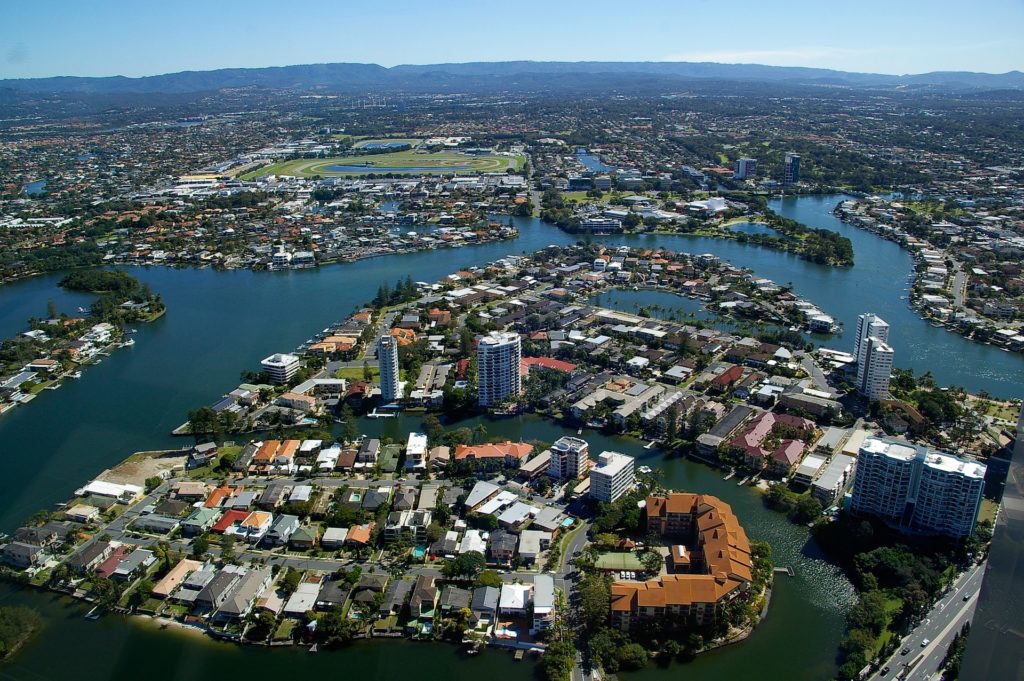Event report of the RSA East Midlands Branch Seminar, January 29th, 2020, University of Lincoln, UK: Climate change impacts – examining urban and rural scenarios

By Gary Bosworth, RSA East Midlands Brach Chair.
Probably the last time the East Midlands branch of the RSA met, climate change was still called “global warming” and in our region we were talking fondly about warmer summers, vineyards and certainly not ugly windfarms all over the countryside.
But times have changed, and this seminar, attended by 22 delegates, identified a number of distinctive impacts for urban and rural regions. Speakers also emphasised the need to think across spatial divides to create innovative social and political approaches to address the growing challenges that we face together.
The event began with a video presentation from Dr Candice Howarth (LSE) who emphasised the need for communicating information in ways that relate to people’s lives. An overload of information could almost be detrimental and lead to resignation in the face of such an apocalyptic challenge. Feeding forward into later discussions, the call to recognise “bottom-up” action was well received, with models of co-production that involved multiple types of stakeholders beyond simple linear or even triple helix models opening our eyes to the complexity, but also the potential for action.
Within the context of urban regions Dr Andrew Kythreotis (University of Lincoln) focused heavily on how climate adaptation/impact policies have been framed ostensibly in terms of socio-economic and physical/biological risks, largely through the broad encompassing frame of resilience. He explained that such “fetishization of the physical” in climate policy emanates from the international scale but has impacts at all levels. This has made sub-national scales of engagement with climate governance and action very difficult for citizens and wider society – and these are the very people whose actions are required to bring about change. Even simple statistics like “a 2° increase in average temperature” do not really convey the true impacts of climate change to the general public.
Andrew continued to argue that urbanisation (and rurality) has been a major cause of climate change and now these risks are accentuated in urban areas, simply by virtue of increased population exposure to continual development. But furthermore, there is a need to pay greater empirical and theoretical attention to the social and political risks that result from physical climate impacts, and one way to do this is through greater education at urban (and rural) as a ‘new civil politics of climate change’.
Additionally, being sites of larger political action and areas of lower per capita energy used (a point later echoed by Martin Phillips), Andrew made a strong case for sustainable urban policy – ‘For Urban’ – as a key part of any broader policy solution. To achieve this however, the straitjacket approaches of designing policy for major economic sectors, for “city regions” or for distinctly “urban” or “rural” environments all have to be overcome. He finally called for urban and rural scholars, and citizen and governance stakeholders alike, to demarcate the urban and rural as specific silo sites of socio-political contestation and begin to think of new ways to align the urban and rural through new forms of climate impact policy and governance.
From the rural perspective, Prof. Martin Phillips (University of Leicester) illustrated graphically how many of the big impacts of climate change were felt in rural areas. From flooding to wild-fires and even to the northward reach of the Colorado beetle, rural regions are clearly vulnerable to the effects of climate change. However, rural areas also offer opportunities as spaces for renewable energy and carbon sequestration. Therefore, Martin argued that we should not be swayed by either the urban focus of many initiatives or the media coverage on climate change into believing that the urban is the “crucible of climate change”, rather we should see the rural at the centre of the action.
Martin proceeded to draw on a number of rural case studies at very local levels to identify the reasons for “stasis”. Often it was not simply climate denial or disengagement but a belief that change was not possible. This sense of inevitability or helplessness could be attributed to the scary or technical scientific proclamations, or simply a lack of joined up approaches where people could see opportunities to take action. For others, climate change messages were wrapped up in wider narratives of “left behind Britain” highlighting the needs to better understand the politics of protest, or perhaps to decouple climate change movements from political movement and instead, as Andrew argued, place climate change action firmly in the social sphere.
In wrapping up, the initial framing of the seminar as a “comparison” between urban and rural impacts was called into question with the proposal that we should instead be “aligning”, not “comparing” responses. However, in “aligning” responses, it is clear that scalar and social differences and tensions will continue to emerge, thus everyone engaged in responses to climate change threats must continue to focus on appropriate and inclusive education and communication.